Summer Pet Safety - Essential Tips to Keep Your Pet Safe and Happy
Summer is a busy season for both us and our pets. With the warmer weather, we are excited to enjoy various outdoor activities, such as backyard barbecues, swimming at the pool or lake, and road trips. However, while there are many fun and exciting things to do in the summer, there are also certain risks for your pets. What are the potential dangers in summer for your pets, and what should you be aware of? In this blog, we'll discuss essential tips for summer pet safety.
Summer Pet Safety
From heatstroke to insect bites, summer brings a variety of risks that can affect your pet's health and well-being. Understanding these dangers and preventative measures can help ensure a safe and happy season for you and your pet.
Hot Weather
They don't call them the dog days of summer for a reason. The temperatures get hot in the summer. How can you protect your pet from the hot summer weather?
Outside:
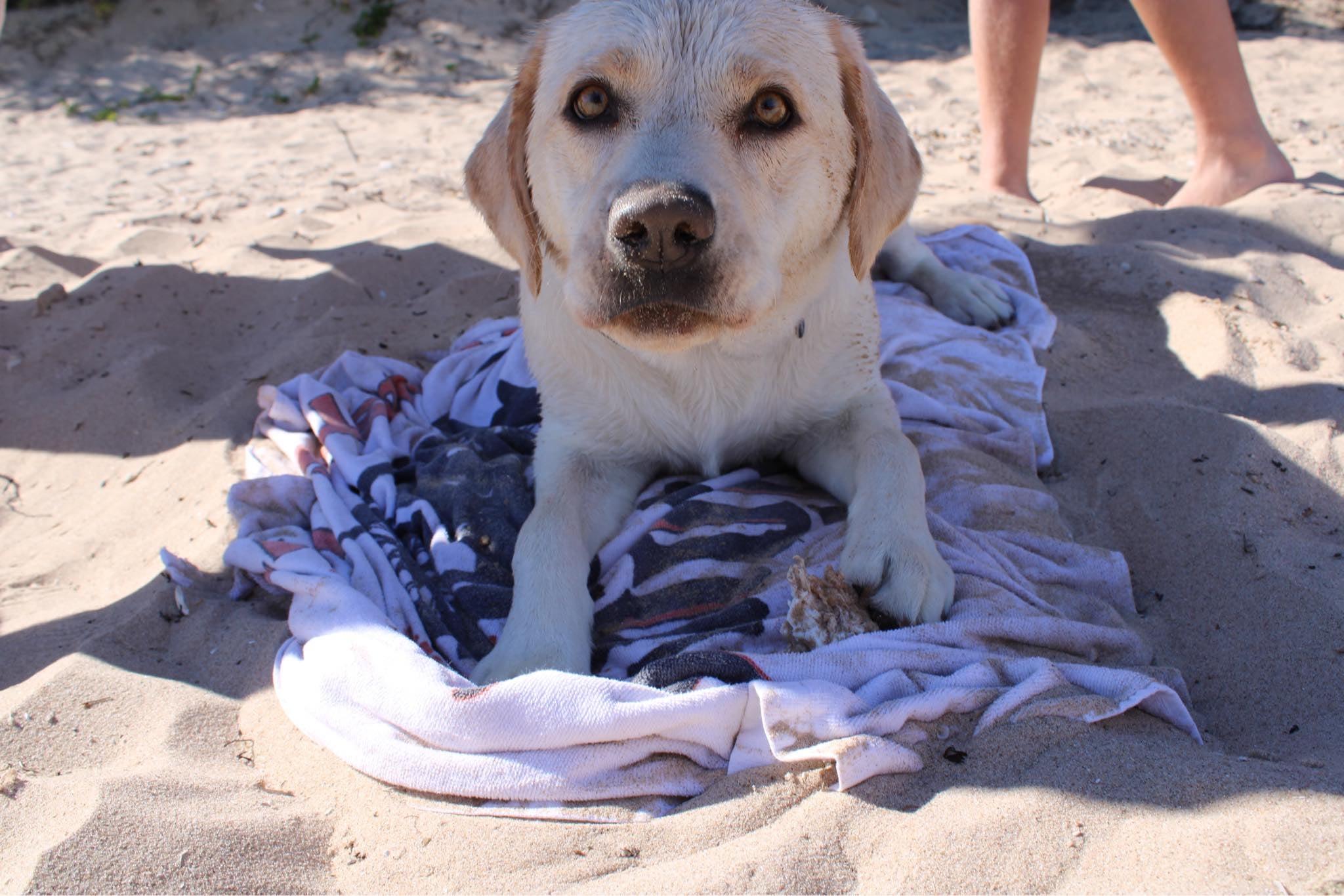
Inside:
Cars:
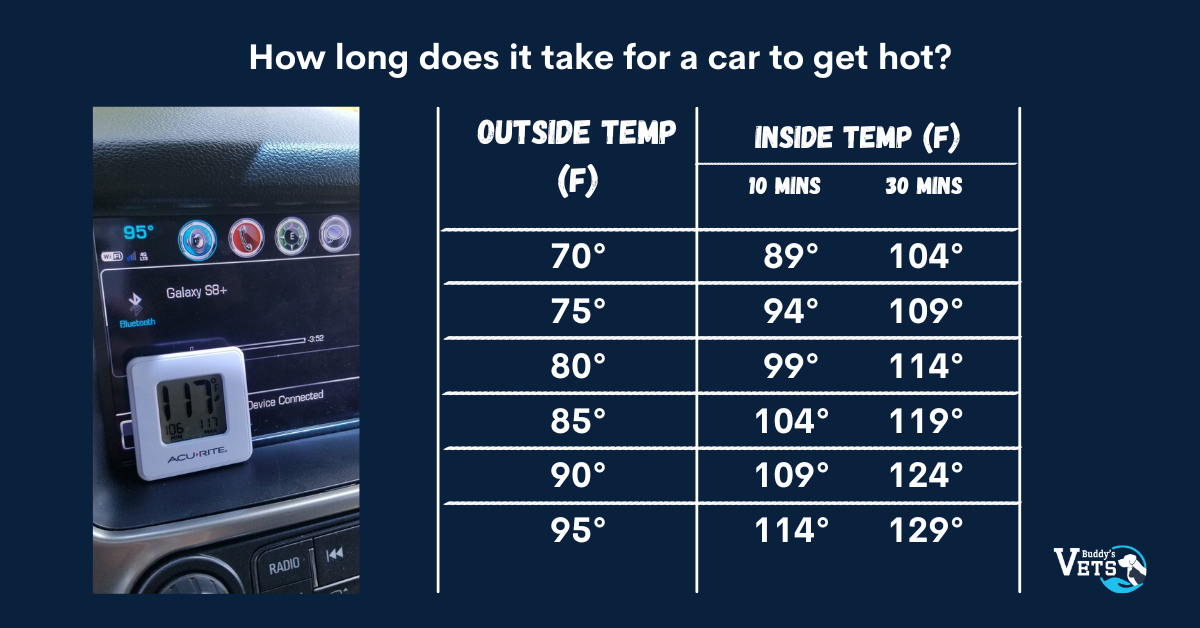
Take Action:
Extra Precautions:
Exercise
Just as you may exercise your pet differently in the cold months of winter, remember that you should also do some things differently in the hot months of summer.
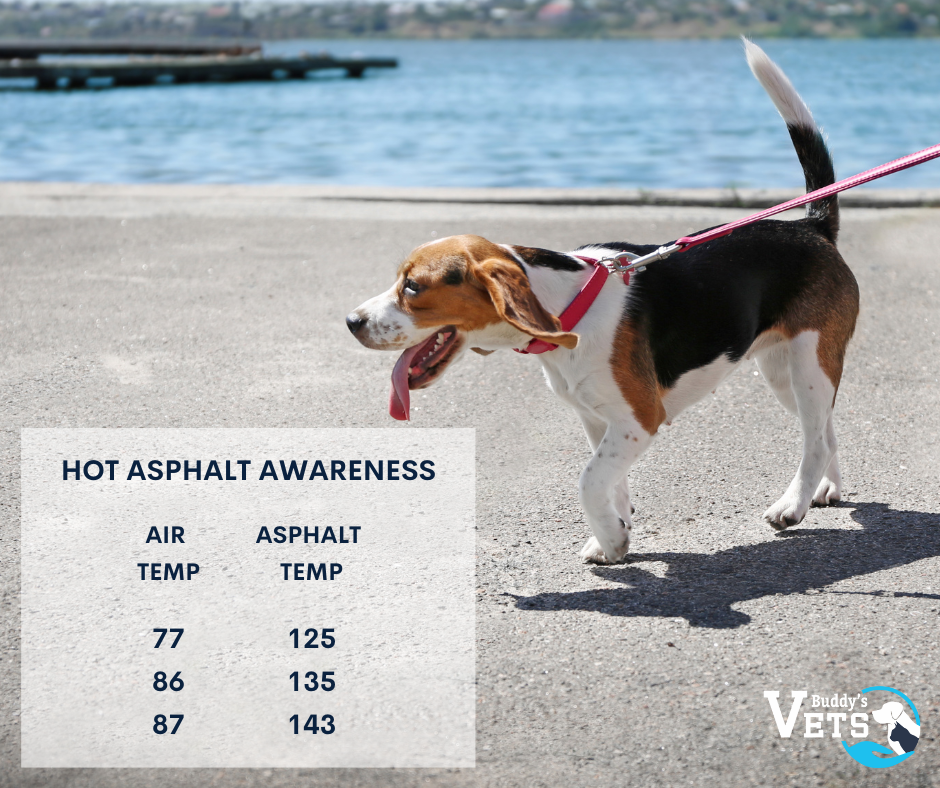
Watch Out for Heat Stroke
The summer heat and humidity affect our pets. If your pet spends time outside in the hotter weather, watch out for signs of heat stroke.
Signs of heat stroke can include excessive panting, difficulty breathing, vomiting, diarrhea, confusion, rapid pulse, bright red gums, blue tongue or lips.
If you suspect your pet has heat stroke, you should immediately move it to a cool place, lower its body temperature with cool (NOT icy) water, and then contact your veterinarian.
Water Safety
Summer is a time to enjoy the water, whether at the pool or the lake, including for our pets. Whether your dog loves the water or is not the biggest fan, there are some things to know about summer pet safety and water.
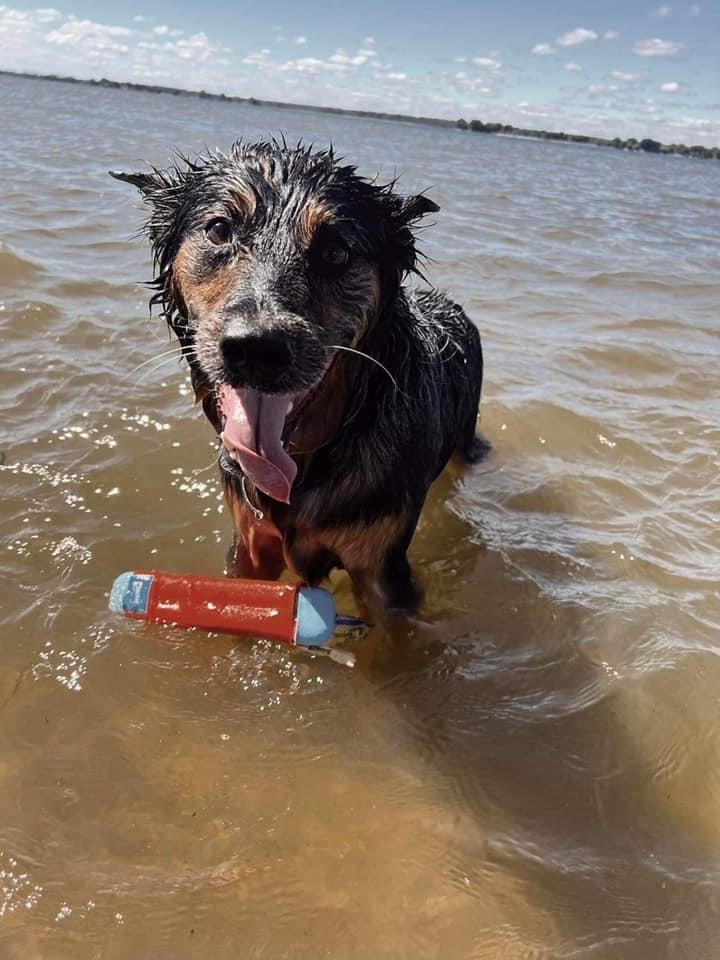
Summer Pests
In the summer, a host of pesky pests can affect your pet. The two that cause the most concern are mosquitoes and ticks.
Mosquitoes
Mosquitoes start to hatch at 50 degrees, so even before the hot months of summer, mosquitoes live in and around you and your pet. Mosquitoes carry and spread heartworm disease to your dog when an infected mosquito bites them. Heartworms cause damage to your pet's blood vessels, which can lead to severe lung disease and heart failure.
You can ensure that your dog is safe from developing heartworm disease by ensuring that it is taking a heartworm preventive prescribed by your veterinarian. At Buddy's Vet, we use and recommend Heartgard, which should be used year-round, given once per month.
Please read our blog to learn more about protecting your pet from heartworms.
Ticks
Every year, the tick season worsens because nothing kills ticks, not even cold and harsh winters. Ticks aren't just an "up north" issue or reserved only for hunting dogs. Ticks are everywhere, even right in your backyard. Ticks are gross, and ticks are bad. Ticks transmit serious diseases, and in particular Lyme disease, to your pet.
You can protect your pet from ticks by checking them for ticks whenever they come in from outside and knowing what to do when you find ticks on your pet. Please read our blog on ticks and Lyme disease to learn more about ticks and what to do when you find one. Besides checking your pet for ticks when they come in from outside, your pet should also be on a tick preventative. At Buddy's Vets, we recommend giving your pet NexGard year-round, once per month, just like the heartworm preventative.
Summer Pet Safety and Vacations
For many people, summer means vacation time. Whether you take your pet with you on vacation or leave them behind, here are things to know to help keep your pet safe.
Road Trips
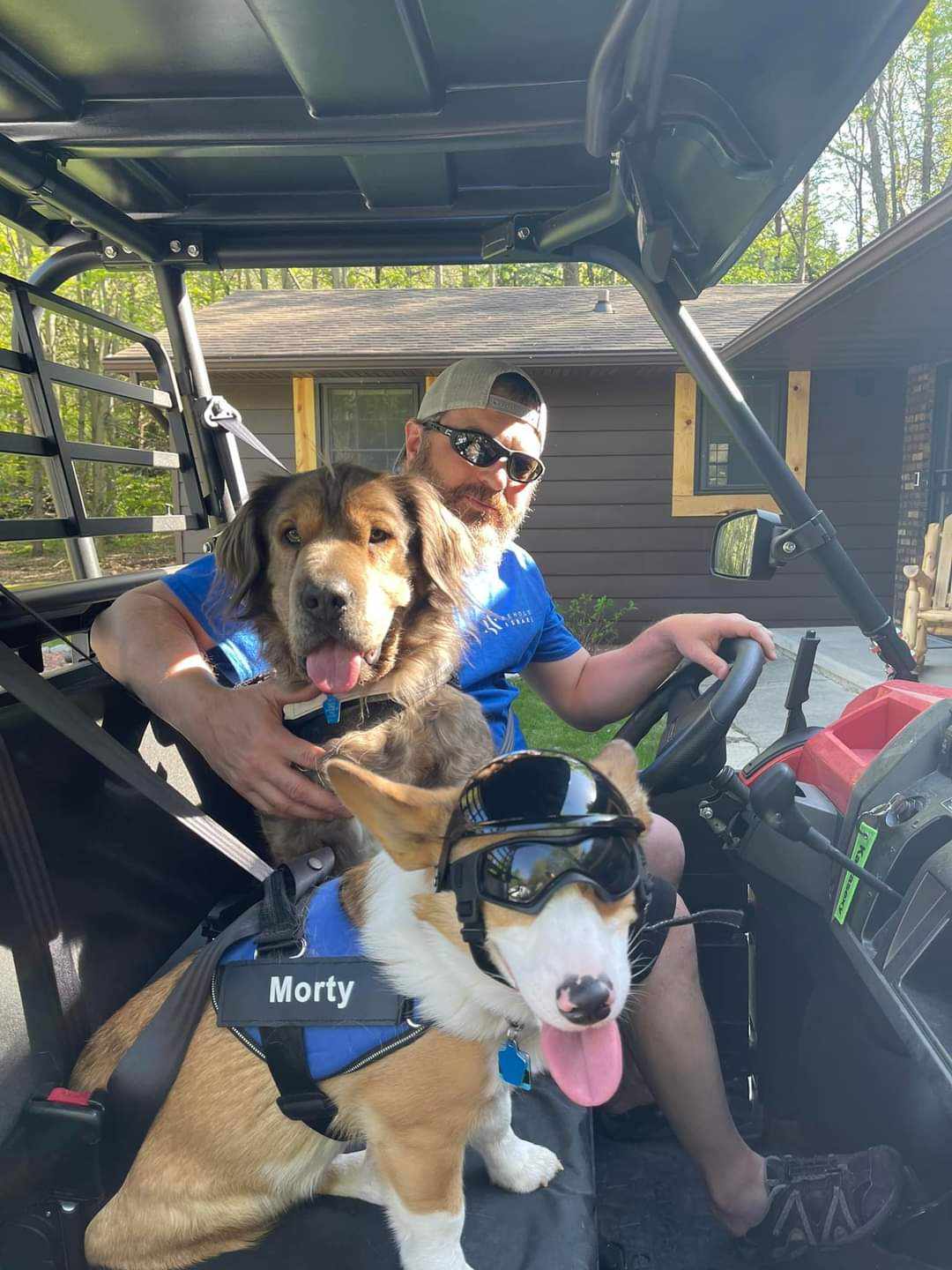
Leaving Your Pet Behind
If it's not feasible to take your pet with you or you choose not to, you can choose to board your pet or find a pet or house sitter.
If you plan to board your pet and know your travel plans, make sure to tour the facility so you have peace of mind about what kind of environment your pet will be in. This includes finding out what activities your pet will be doing, whether someone is there 24/7 and whether they have on-site video monitoring. When you tour the facility, make sure to ask lots of questions.
When you board your pet, make sure you:
Airplanes
Simply put, if you don't have to take your pet with you on an airplane, it's not recommended, especially in summer. It can be scary for your pet. If you have to take your pet with you on a plane in the summer, here are some things to know:
The AVMA (American Veterinary Medical Association) also provides guidelines and resources for transporting your pet, which you can read here:
Navigating the pitfalls of pet air travel | American Veterinary Medical Association (avma.org)
Seasonal Fun
Summer is a time for backyard barbecues and outdoor parties, beginning with Memorial Day weekend and continuing through the Fourth of July to Labor Day. While these celebrations are fun, they pose certain dangers for your pets.
Food & Alcohol
Fireworks & Storms
Many animals have noise phobias, especially when it comes to fireworks and storms. These phobias can heighten during the summer months. Here are some tips to help your pets with fireworks and storms.
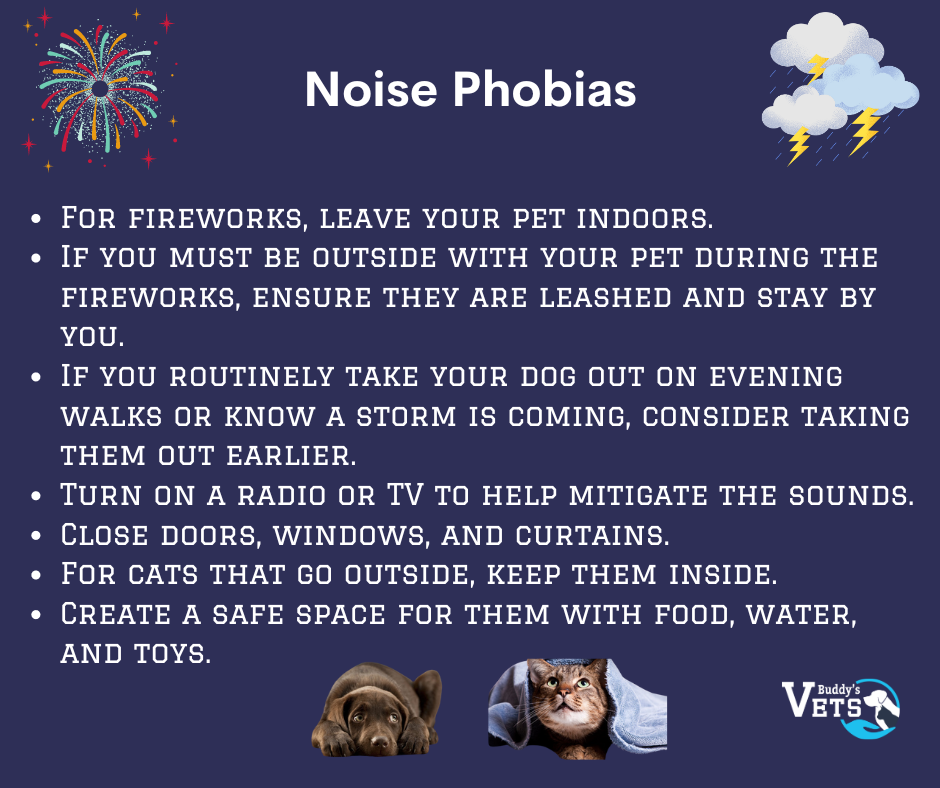
Ensure your pet has proper identification tags with up-to-date information and is microchipped if possible. Have a current photo of your pet in case it gets away from you.
If your pet has severe noise phobias, please consult your veterinarian to determine the best options to meet your pet's needs.
Summer Pet Safety for an Enjoyable Summer
Summer is a time for fun and adventure, but hot temperatures can affect us and our pets. We all want to enjoy summer while staying safe and healthy. Remember, our pets are also affected by the heat. We hope this blog has provided valuable insights into summer pet safety, allowing you and your furry companions to enjoy all the season's fun while staying safe and healthy.
